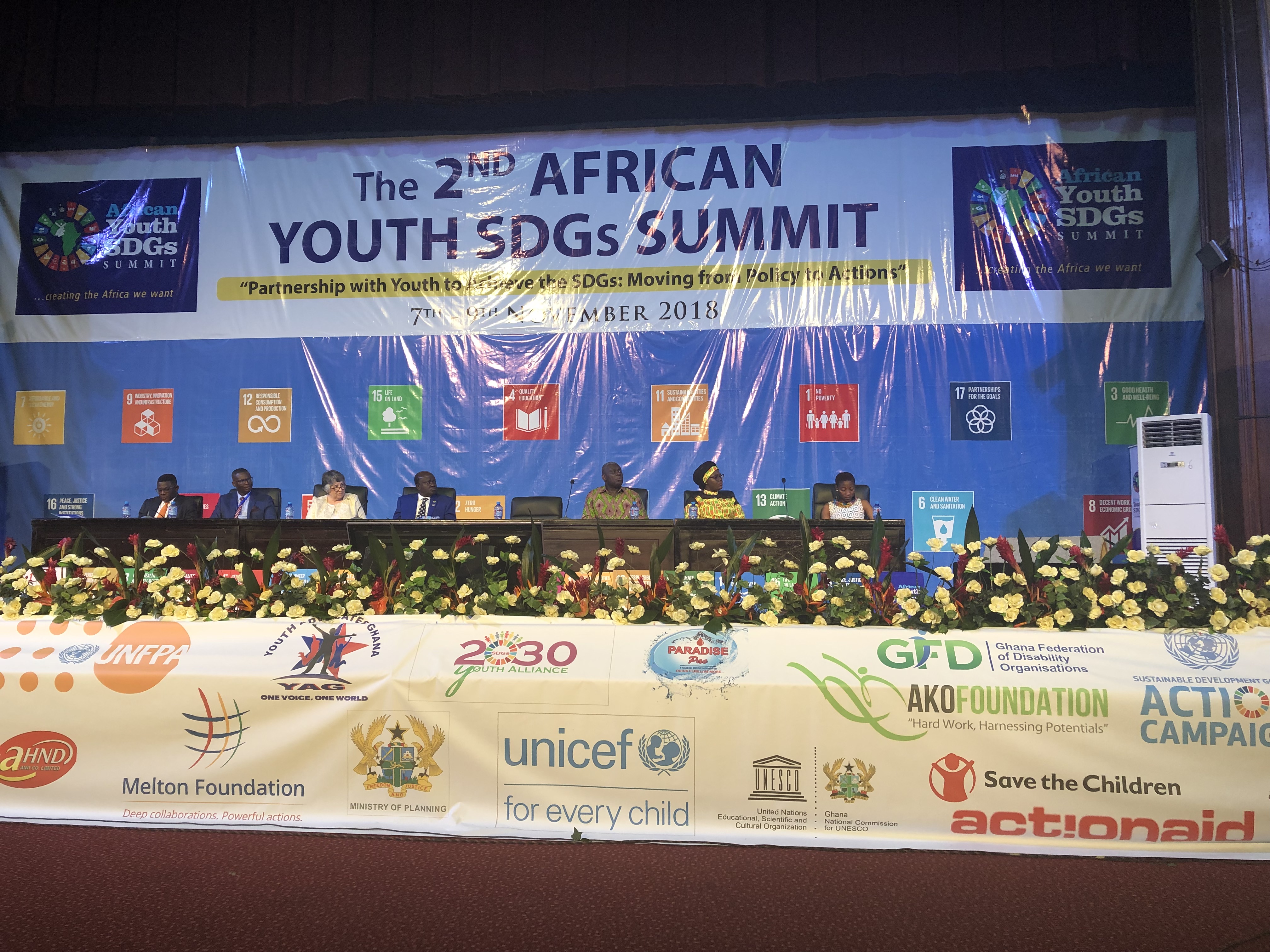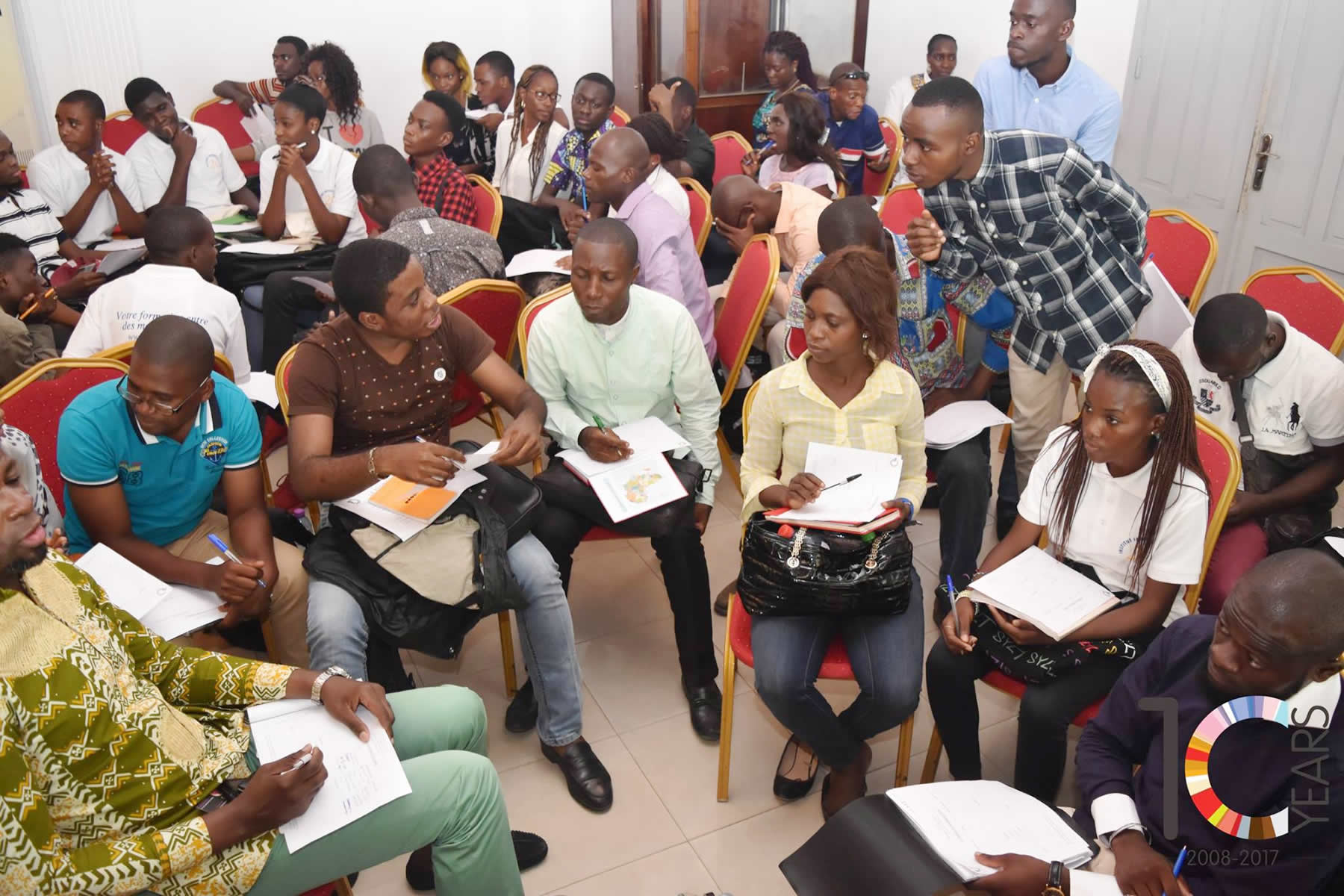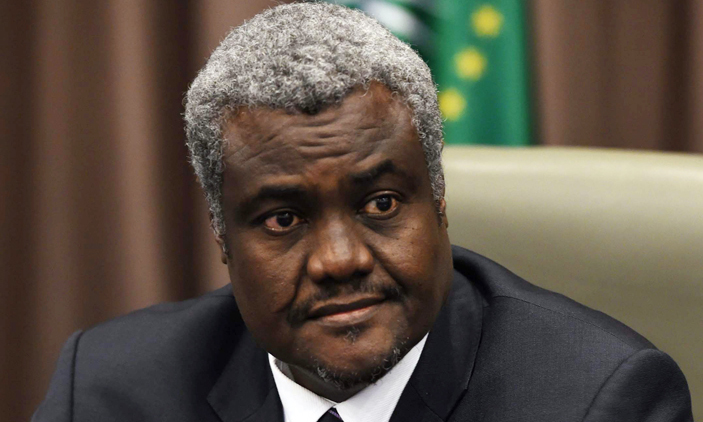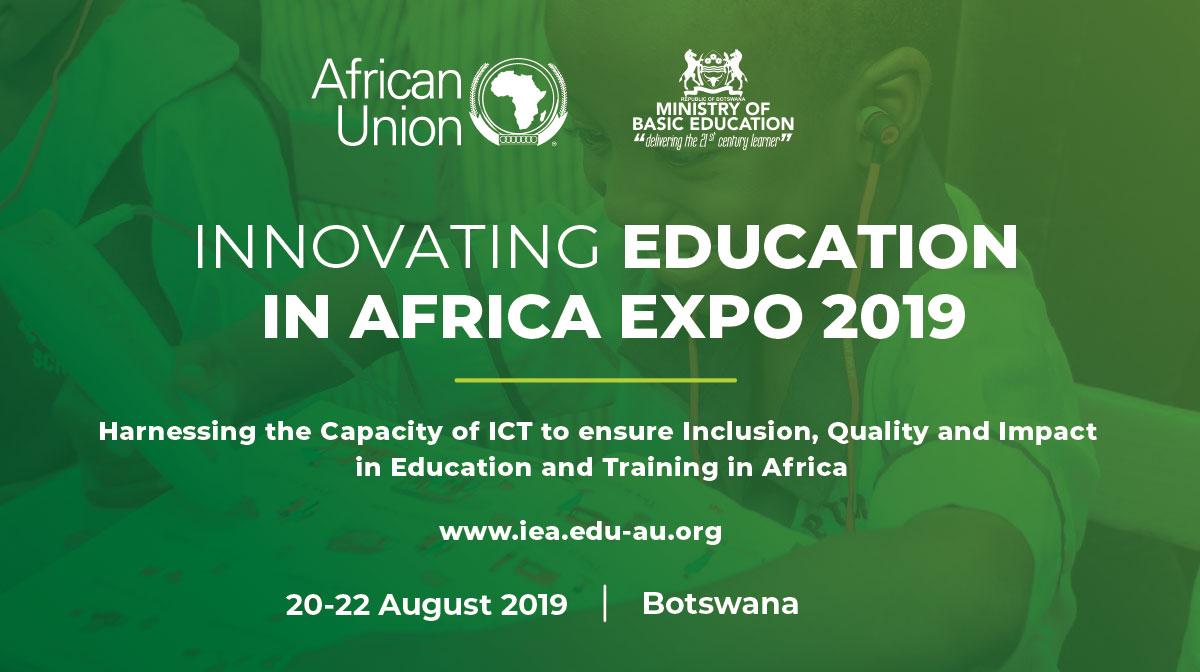The second African Youth Sustainable Development Goals (SDGs) Summit took place in Accra, Ghana from the 7 – 9 November 2018 under the theme “Partnership with Youth to Achieve the SDGs: Moving from Policy to Action”. UNFPA, the 2030 Youth Alliance, Youth Advocates, Ghana and the Ghana Ministry of Planning co-hosted the Summit. I was one of the eight Patrons of the Summit. Much of the discussion around the central theme of the Summit focused on good health for young people including reproductive health (goal 3 and 5). There were also issues on gender equality (goal 5), clean water and sanitation (goal 6), decent work and economic growth with a heavy emphasis on youth employment and migration (goal 8 and 10), climate action emphasizing climate change and smart agriculture (goal 13) and youth leadership and governance (goal 16). A central issue was also Education (goal 4), which became a cross-cutting issue covering all the focus areas of the summit. The subject of Nutrition as being fundamental to the economic and social development became a charming topic after international nutritionist Isatou Jallow from the Gambia provided a thorough insight that linked proper nutrition to a healthy nation for our development imperatives that would spread throughout the length and breadth of the African continent.

In my interventions, I highlighted many of the current wisdom and insight that young Africans can articulate these days in respect of how to improve the living conditions in their communities. Nowadays, Africa’s youths know what they want, and they were able to bring in some insightful thinking to the continent’s current planning initiatives. Many asked questions about the role of the African Union, the Regional Economic Communities and other Africa-based organizations on the measures they are currently embarked on to ensure that the continent consistently implements Agenda 2063 taking into account the global SDGs. Many young people want to know how they could be systematically involved in the many local government initiatives that are currently on-going in their respective nations. I met different categories of young people from the continent from very high-level professionals in formal employment with the government, NGOs and international organizations to self-employed entrepreneurs in varying professions that include law, banking, energy, tailoring, and fashion design, auto-mechanical engineering, and construction engineering and so forth.
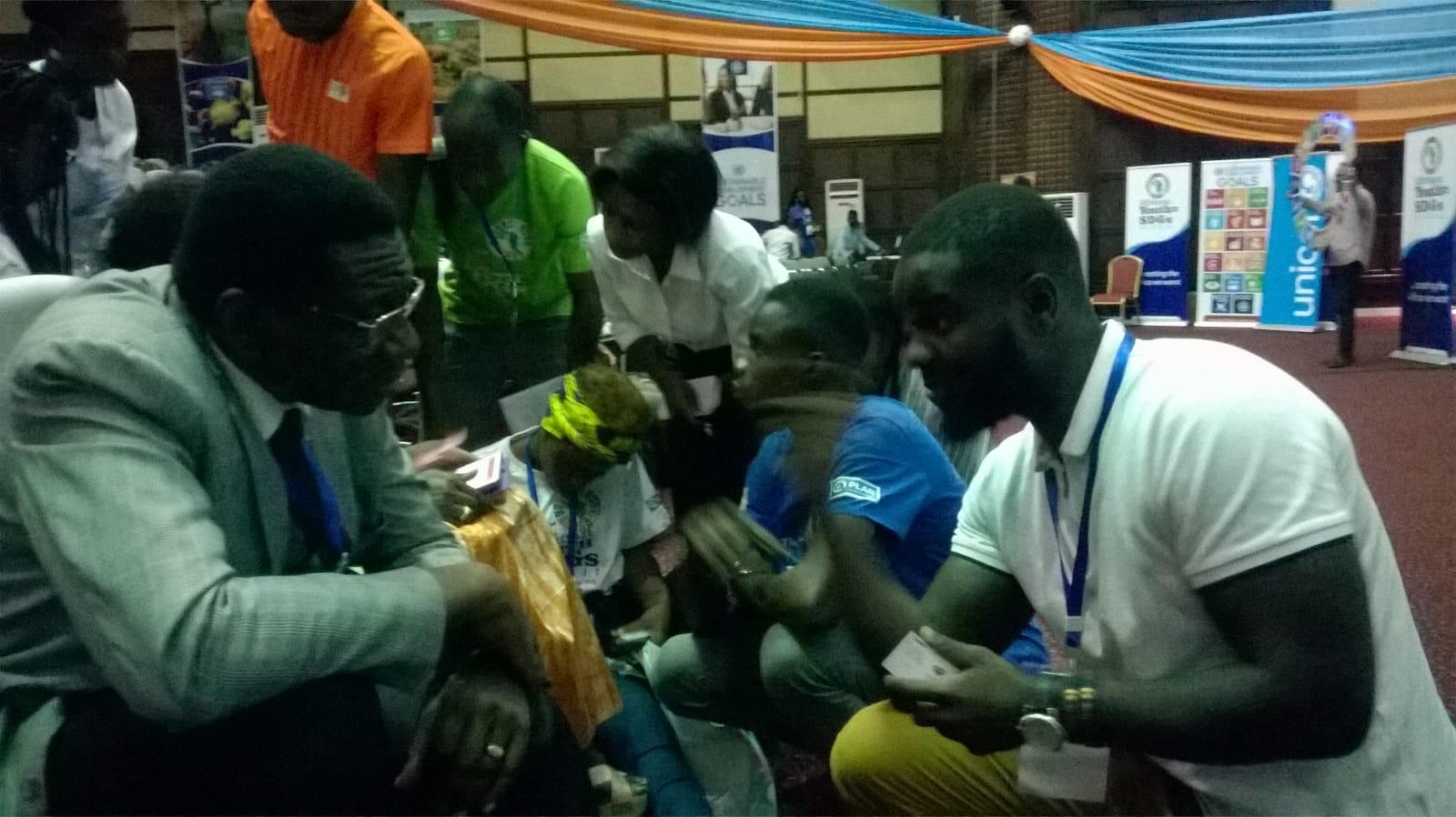
At our last count, there were more than 1,200 young Africans from 44 African countries with approximately 45% of them being female at the Accra International Conference Center attending the Summit. I left with the feeling the majority of young Africans continue to keep their innate high hopes and aspirations. However, they told me on several occasions during the summit that despite having these hopes, there remain some severe mismatch between their expectations and the opportunities that are available to them. They expressed great distaste for corruption on the African continent, and how this has consistently frustrated their hopes and aspirations. I noticed a great deal of energy and dynamism among these young people during this Summit. From their various interventions, I was highly overwhelmed by their resourcefulness, creativity, and innovative and adventurous spirit. Young people are therefore vital for Africa’s growth and development.
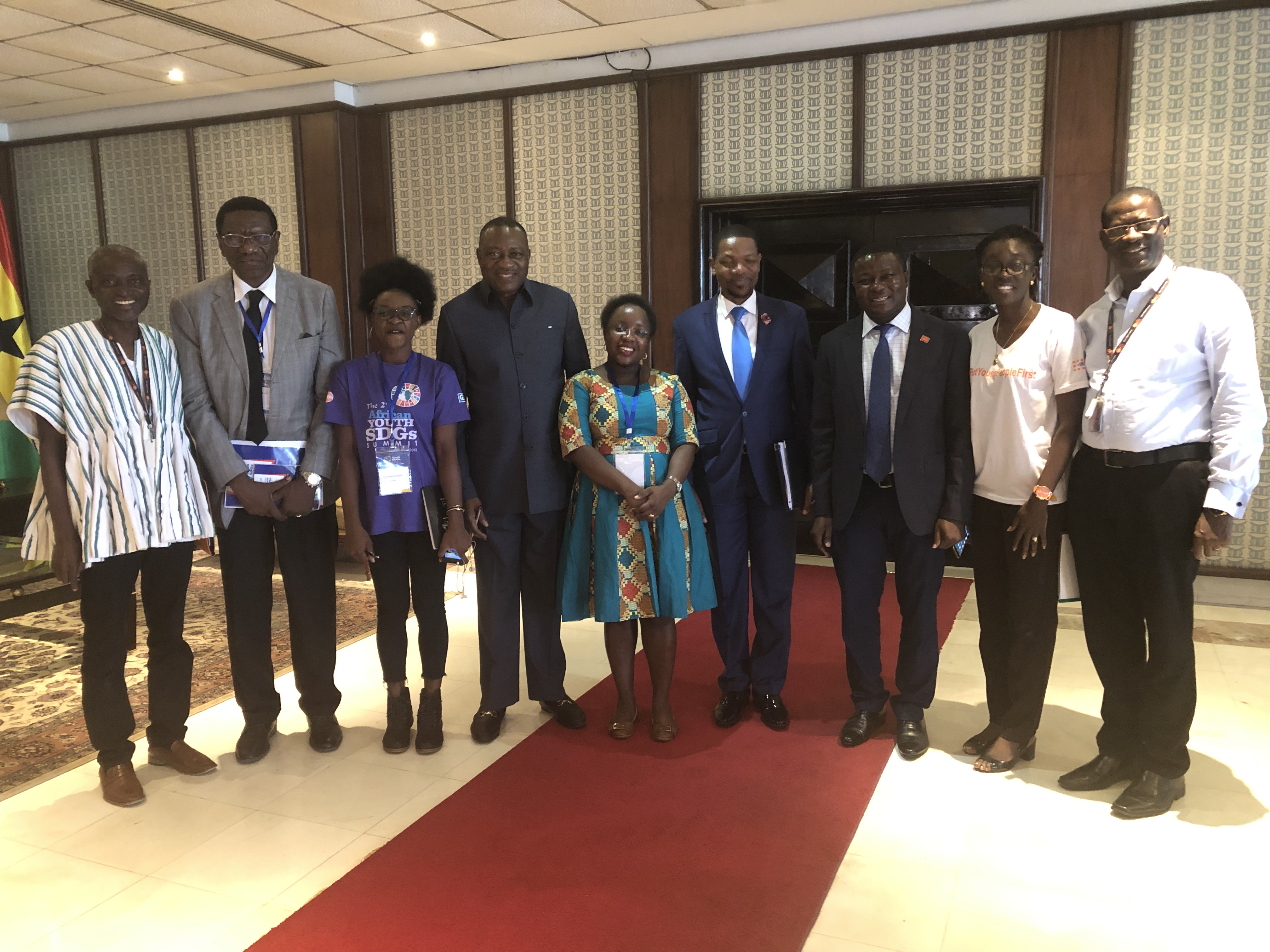
We at CAFOR will ensure as we work and coordinate initiatives with the African Union and other partners and entities on the continent that our programming in advocacy and partnership mobilization for youths aligns well with the vision African youths have for their future. We must understand their real needs and what they have always longed for. We must be in an excellent position to be also able to tap into their energy and dynamism.


